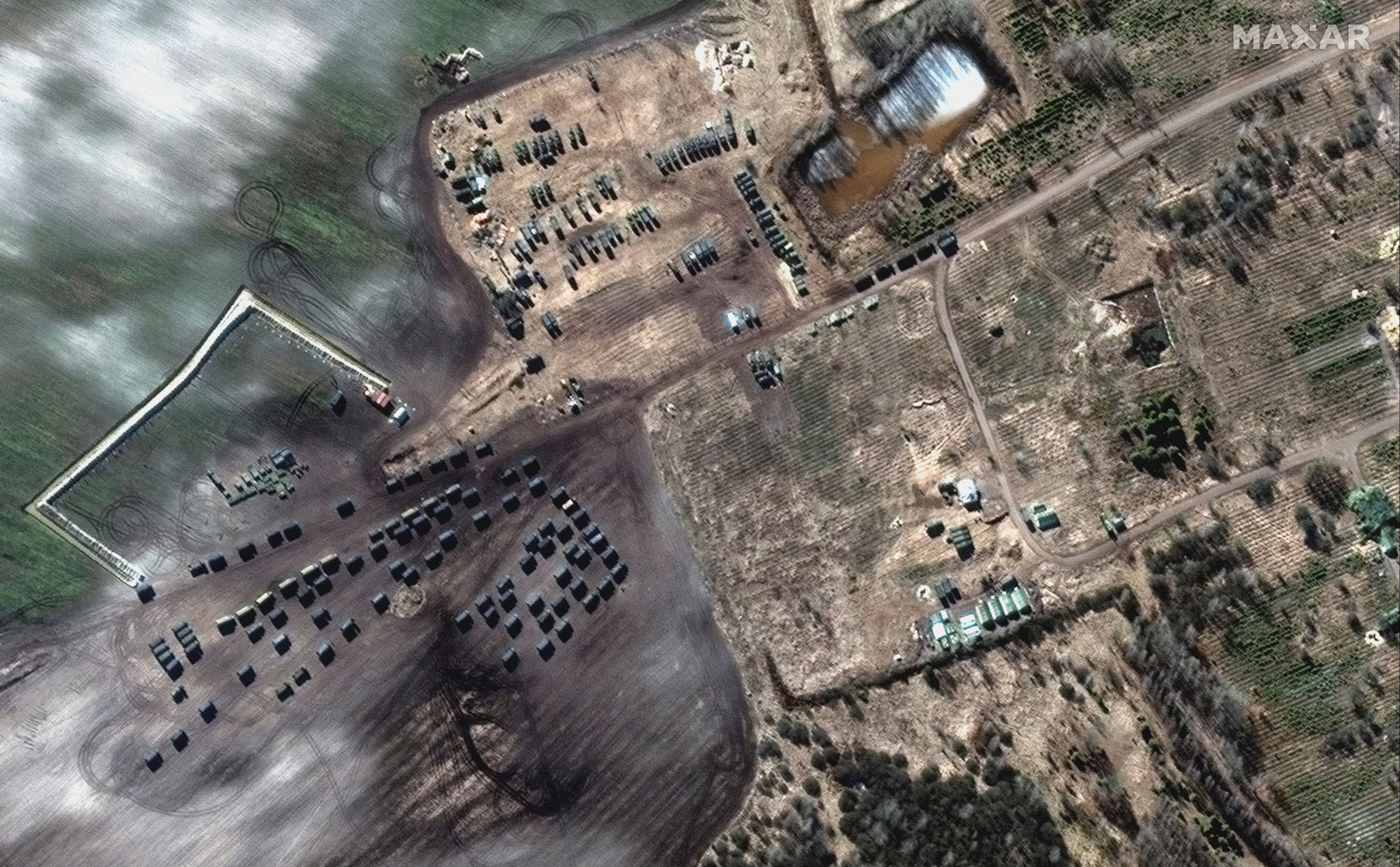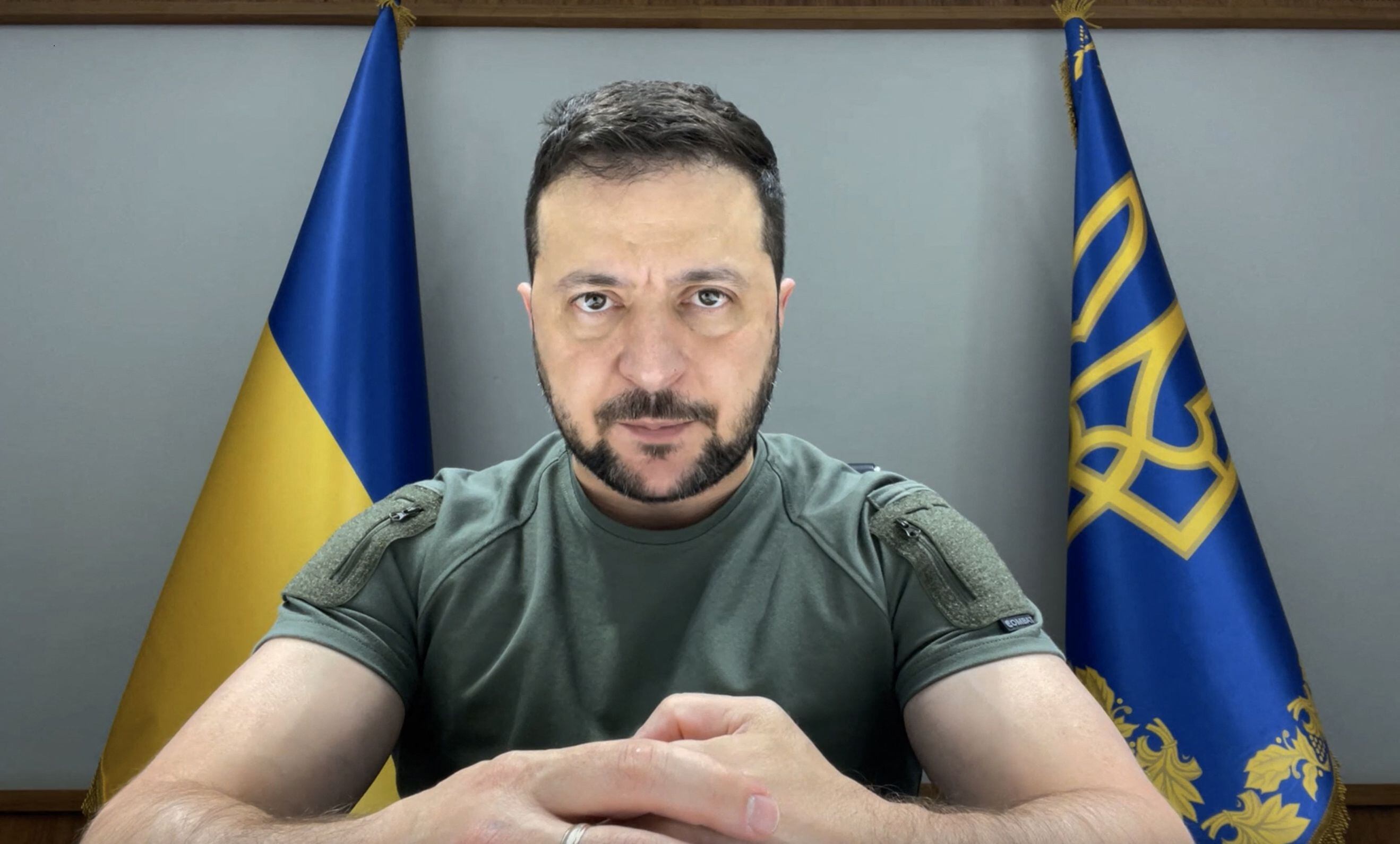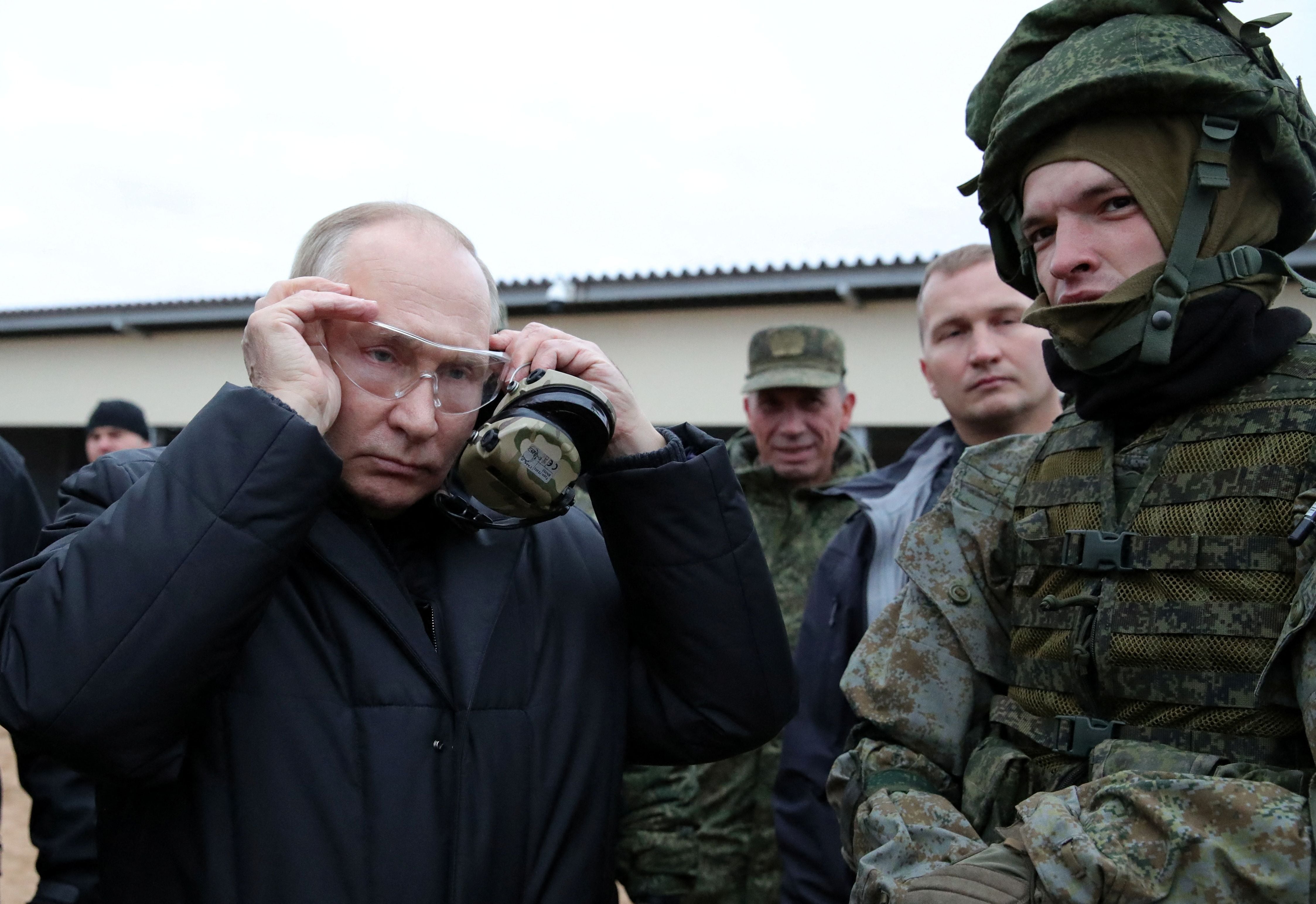Olga Koloba is a spy russian from the GRU, the Kremlin’s military intelligence, who posed as a Peruvian jeweler who rubbed elbows in the most influential circles in Italy. Her false name was María Adela Kuhfeldt Rivera and her objective was to infiltrate NATO military personnel. But shortly after the invasion of Ukraine He disappeared. She had crossed the border through Belarus to return to Moscow.
Viktor Muller Ferreira, or actually Sergey Vladimirovich Cherkasov, is also a spy for the GRU, but he pretended to be a Brazilian who studied International Relations in the United States. He had applied for an internship at the International Criminal Court in The Hague, but before arriving in the Netherlands, last April, he was arrested by the Dutch police.
READ ALSO | Prime Minister of Ukraine warns of a “migratory tsunami” if Russian attacks continue
These two cases are just a sample that Russian espionage tactics have not left the old practices of the Cold War. Agents taking on other identities to obtain military and strategic secrets from enemy countries are not just good stories for books and movies. Their work is long-term and building a parallel identity for them takes time and a large budget.
Y Russia has spared no effort in it. Not only with traditional intelligence but also with the proliferation of hackers and spyware, something the Kremlin has invested heavily in in recent years. But is it working out for them in the context of the war with Ukraine? Eight months after the invasion, it is clear that Russia and the rest of the world underestimated the Ukrainians, and that the ‘blitzkrieg’ blew up in Ukraine’s face. Vladimir Putin.
Espionage strategies have changed and intelligence agencies are no longer just the hermetic groups that share documents with the label of ‘top secret’. Social networks have done their part, and information is more widely available, a factor that the governments involved in this conflict -and their allies- have not neglected.
For example, when William Burns, the director of the CIA, said publicly that he estimated Russian casualties in the war through July to exceed 15,000. Or when Jeremy Fleming, head of GCHQ, Britain’s cyber intelligence and security agency, said in early October that Russian forces in Ukraine “are overstretched and exhausted” and that President Putin is making “strategic errors in judgment.”
Thus, Western intelligence agencies – which are collaborating closely with Ukraine– have adopted an unusual strategy of sharing information in order to seize the narrative, as well as deter or preempt Russian plans.
In fact, since November 2021 the deployment of Russian troops near the Ukrainian border began to be known in the media thanks to information from US intelligence delivered to Ukraine.

open sources
“Intelligence gathering has been democratized”points to El Comercio Roman Ortiz, security expert and analyst at the International Security Center of the Francisco de Vitoria University (Madrid), who explains why there has been an explosion of information from open sources on intelligence issues.
“Now there are means of collecting high-quality information that are available, and that are not confidential. There are many think tanks that use these tools to produce their own intelligence information. For example, now it is possible to have access to high-quality satellite photographs, or information can be collected through social networks. Traditionally that was intelligence information, but now it’s available to anyone. There is a kind of privatization of intelligence”, comment.
Ortiz points out that the administration of Joe Biden used that intelligence information in a very clever way to reveal in advance what the intentions of Russia.

“The United States has been declassifying intelligence and sharing it with its allies since the 9/11 attacks, in a significant and deliberate way”says Douglas London, a decorated veteran of the CIA Clandestine Service and adjunct professor at the Center for Security Studies at Georgetown University.
“In this case, I don’t think the intention was to stop the Russians from invading but to galvanize a unified consensus response. So I think that has had a dramatic impact on the resolution of the Western partners and that they step forward to take action, like Poland and Germany. Even National Security Advisor Jake Sullivan had already shared intelligence suggesting that Iran was going to provide drones to Russia.” he added in an interview to the New Lines Institute for Strategy and Policy, a Washington DC think tank.
READ ALSO: Is Belarus close to entering the war against Ukraine?
The errors and successes
In the midst of this sea of available intelligence information, Russians, Ukrainians and Westerners alike have played their chips. But in this spy game, the Kremlin has been more wrong than right.
“In the Russian case, many diplomats have been expelled from European embassies,” Ortiz recalls.
.
“The agents work at two levels: those with diplomatic cover who work in embassies, but who are usually undercover intelligence agents; and the illegal ones, who are not protected with a diplomatic status and operate under a false identity”, Explain.
In this last group are the two agents of the Russian GRU that we had at the beginning of the note.
“By expelling these diplomats, the ability of Russian intelligence to collect information has been reduced. This has made them have to rely more on their illegal agents, but those are few and expensive.” Ortiz points out.

Andrés Gómez De la Torre, security and intelligence specialistdoes not consider that there were errors in the techniques of intrusion and espionage on the part of Russia: “The Russians came to have a good rate of infiltration in the Ukrainian public apparatus, both in terms of human intelligence and technological intelligence. Although it is true that the estimates failed, the reality is that the Russians demonstrated their intrusive capacity several years ago. In fact, the hackers’ operations start with a silent war about two weeks before the military operation formally begins.”
And adds: “The flaw was in the strategic estimation, because Russia he thought there would be a quick fall of the Zelensky regime. But from the number of collaborators and informers who are being shot in Ukraine, we realize that the Russians very aggressively penetrated the Ukrainian public apparatus.”
In fact, the Ukrainian president fired Ivan Bakanov himself, director of the country’s internal security service (SBU), who was also his childhood friend, given the number of Russian saboteurs who were in the agency.
For Román Ortiz, however, Russian intelligence has not risen to the occasion. “The same thing happens to intelligence as to the armed forces, they are a reflection of the society of which they are a part. As in Russia there is an authoritarian system where Putin concentrates all the power, the intelligence gave him data that was aimed at confirming his own prejudices and made him believe that Ukraine was much weaker”.
An extensive report by “The Washington Post” last August reveals that the FSB unit, the powerful Federal Security Service of Russiafeatured in Ukraine He had a wide network of infiltrated agents in that territory, but due to institutionalized corruption, several of his spies fled with the money they received from the Kremlin.
With eight months of war on the horizon, and with no prospect of ending any time soon, espionage and counterintelligence work will continue at the same time that classified information will continue to spread. Who will win who makes the most of it?
Source: Elcomercio
I, Ronald Payne, am a journalist and author who dedicated his life to telling the stories that need to be said. I have over 7 years of experience as a reporter and editor, covering everything from politics to business to crime.

:quality(75)/cloudfront-us-east-1.images.arcpublishing.com/elcomercio/ZX74S3IRDFDH3LLRTQOPDI6MNQ.jpg)

:quality(75)/cloudfront-us-east-1.images.arcpublishing.com/elcomercio/6ABKCLPO2ZHDXEENFTFWWK2DLY.jpg)
:quality(75)/cloudfront-us-east-1.images.arcpublishing.com/elcomercio/BMKKVFZ2NJESRMJT7LZSH6OHW4.png)
:quality(75)/cloudfront-us-east-1.images.arcpublishing.com/elcomercio/JZMGDH5GFBBDPMYRLZLPOGGHOI.jpg)
:quality(75)/cloudfront-us-east-1.images.arcpublishing.com/elcomercio/ZDZTMJOEYFEFPEKYCPC3KHJLLI.jpg)
